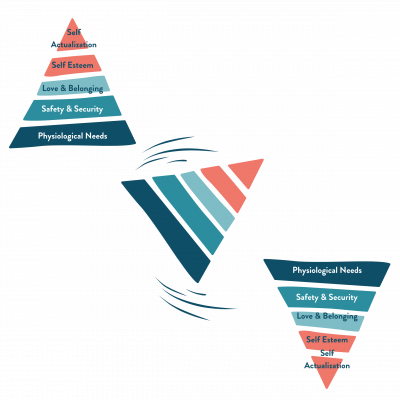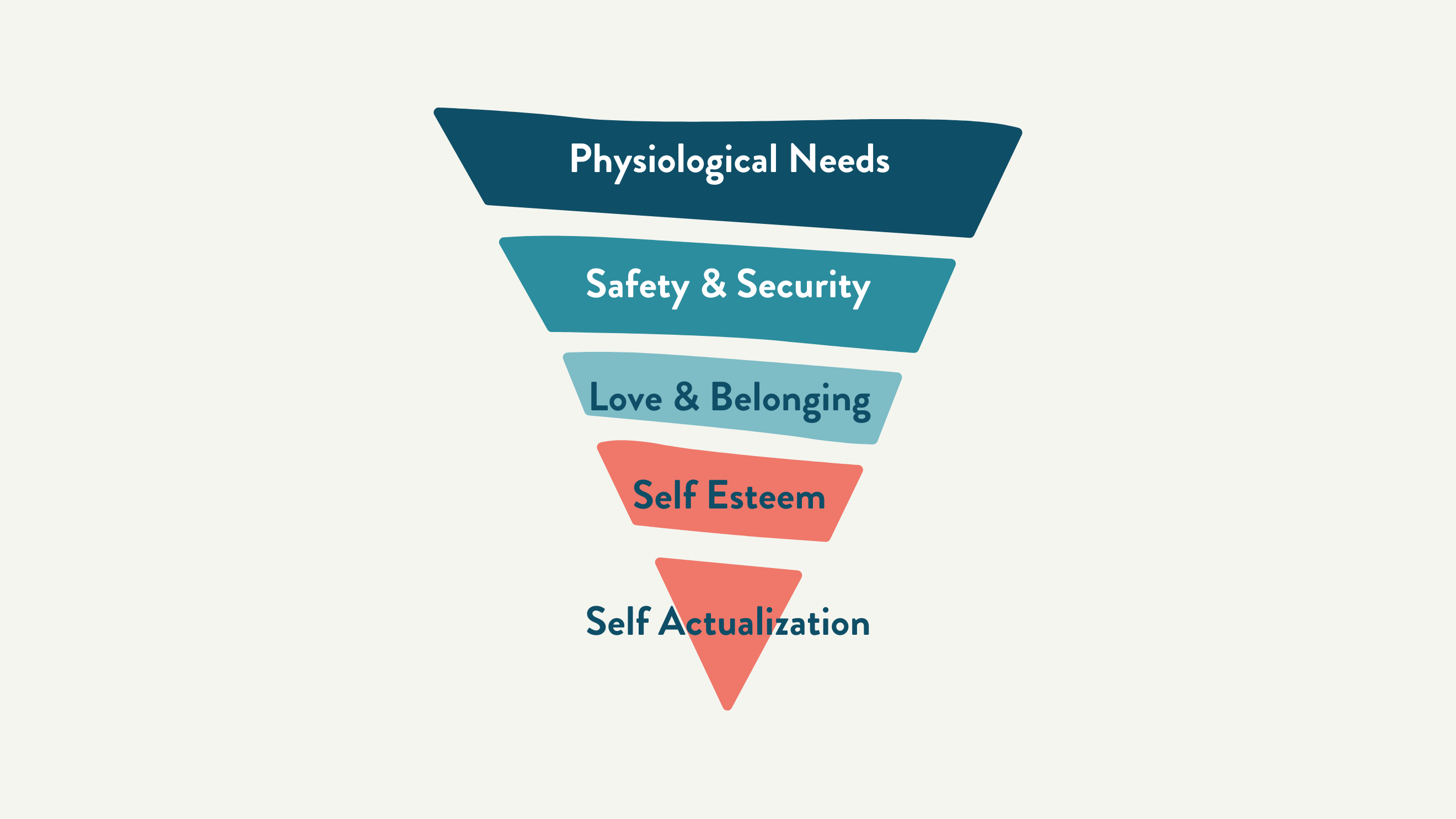This winter and spring, Possip led a webinar series focused on school climate, culminating in a robust workbook for school leaders. This guide is designed to foster a positive school climate by aligning with Maslow’s hierarchy, ensuring environments where students not only succeed academically but also thrive personally.
Event Series Recap: A Focus on Holistic Student Needs and School Climate
Led by Shani Dowell, CEO of Possip, the webinar series delved into critical aspects of school climate. The discussions, structured around Maslow’s hierarchy, emphasized strategic operations and engagement with stakeholders including staff, students, and parents. Insights were drawn from nationwide school climate surveys, Pulse Checks®, conducted by Possip, enhancing the relevance and applicability of the content.
Key Takeaways from the School Climate Webinar Series:
Operational Excellence and Safety
The first event addressed physiological and safety needs within the school climate, stressing the creation of safe, inclusive environments. Attending to and accounting for basic needs allows for students to focus on learning. Read the full recap from this webinar here. Panelists included school system leaders from YES Prep Public Schools and Fayetteville City Schools and Possip’s own Jennifer Kehl, VP of Delivery.
Fostering Inclusion and Belonging
The second webinar focused on the social/emotional aspects of school climate, enhancing feelings of belonging within the school community. Panelists identified continuous engagement and communication as vital in building supportive school environments. Read the full recap from this webinar here. Panelists included leaders from STOPit Safety and Wellness Solutions and Success Bound.
Empowering Student Leadership and Self-Actualization
The final session highlighted how school climate supports self-discovery and student expression through extracurricular activities and partnerships. Read the full recap from this webinar here. Panelists included a school principal from Explore! Community School and Possip’s own Alyssa Collins, former Assistant Principal in NYC Public Schools.
Throughout these sessions, the recurring theme was the indispensable role of data in understanding and meeting the community’s needs, paving the way for a supportive school climate that nurtures well-rounded individuals.
Introducing the Workbook: A Concrete Pathway for School Leaders
The workbook, built on insights from these school climate webinars, serves as a practical guide for school leaders. It includes:
- Self-Assessment Tools: Begin by assessing where your school’s climate currently stands in meeting students’ needs across Maslow’s hierarchy and plan your strategic actions.
- Communication Strategies: Learn effective methods to keep your school community engaged and informed.
- Addressing Student Needs: Detailed sections provide recaps of the webinars, access to full recordings, and a bevy of resources. Each segment offers specific tactics for addressing physiological needs, ensuring safety, enhancing social/emotional support, and fostering self-esteem and self-actualization.
Our data shows that parents’ top concern is that schools meet their children’s basic needs. Therefore, we begin with the foundation of Maslow’s Pyramid and address each layer in turn. By fulfilling these fundamental needs, you can empower families to concentrate on how your school can support their children in achieving their dreams.

By leveraging the workbook, we invite you to join us in transforming educational environments across the country. We are confident that this tool will become an invaluable part of your strategic planning and daily operations, helping you to shape futures, one student at a time. Let’s work together to ensure our schools are places where every student can reach their full potential, both academically and personally.





